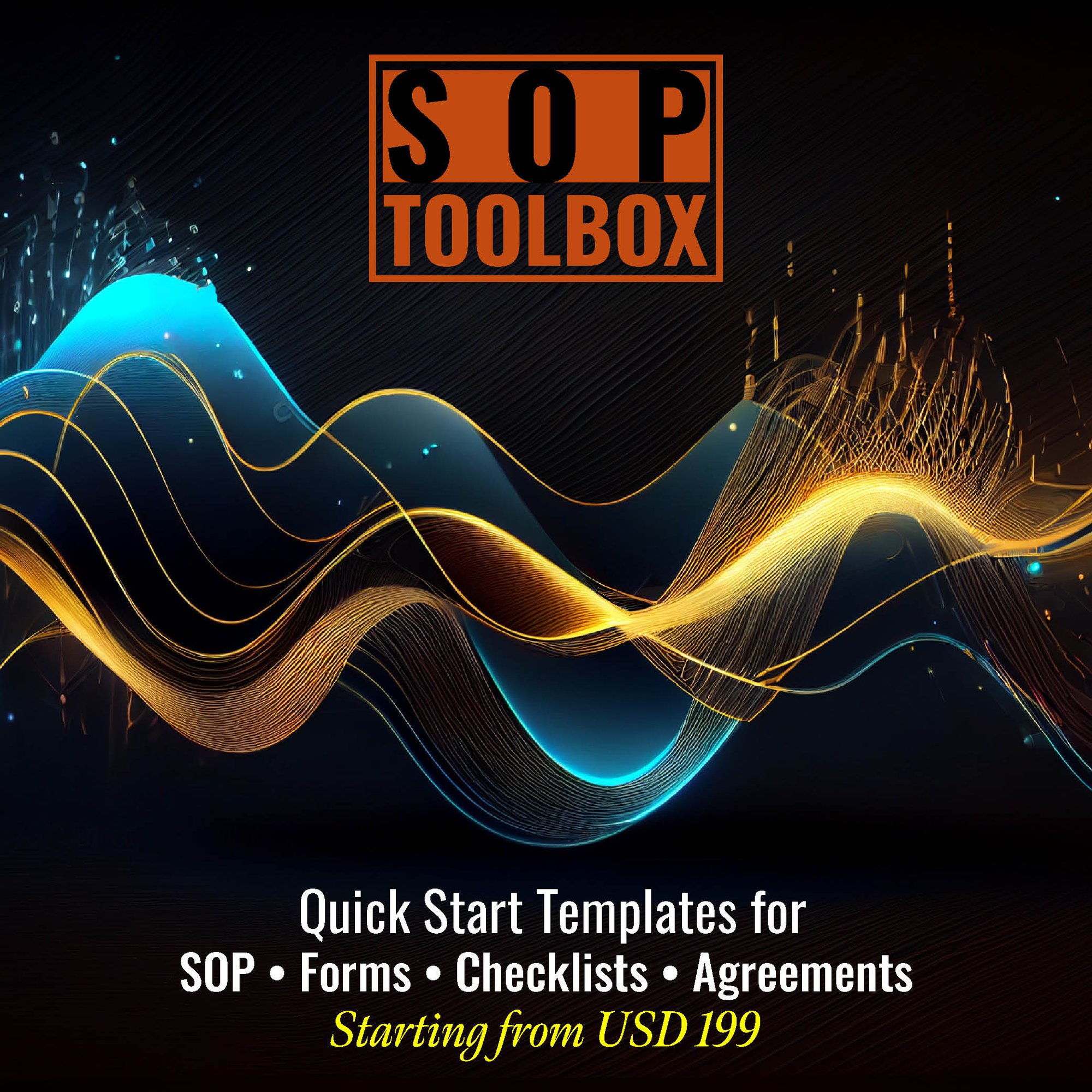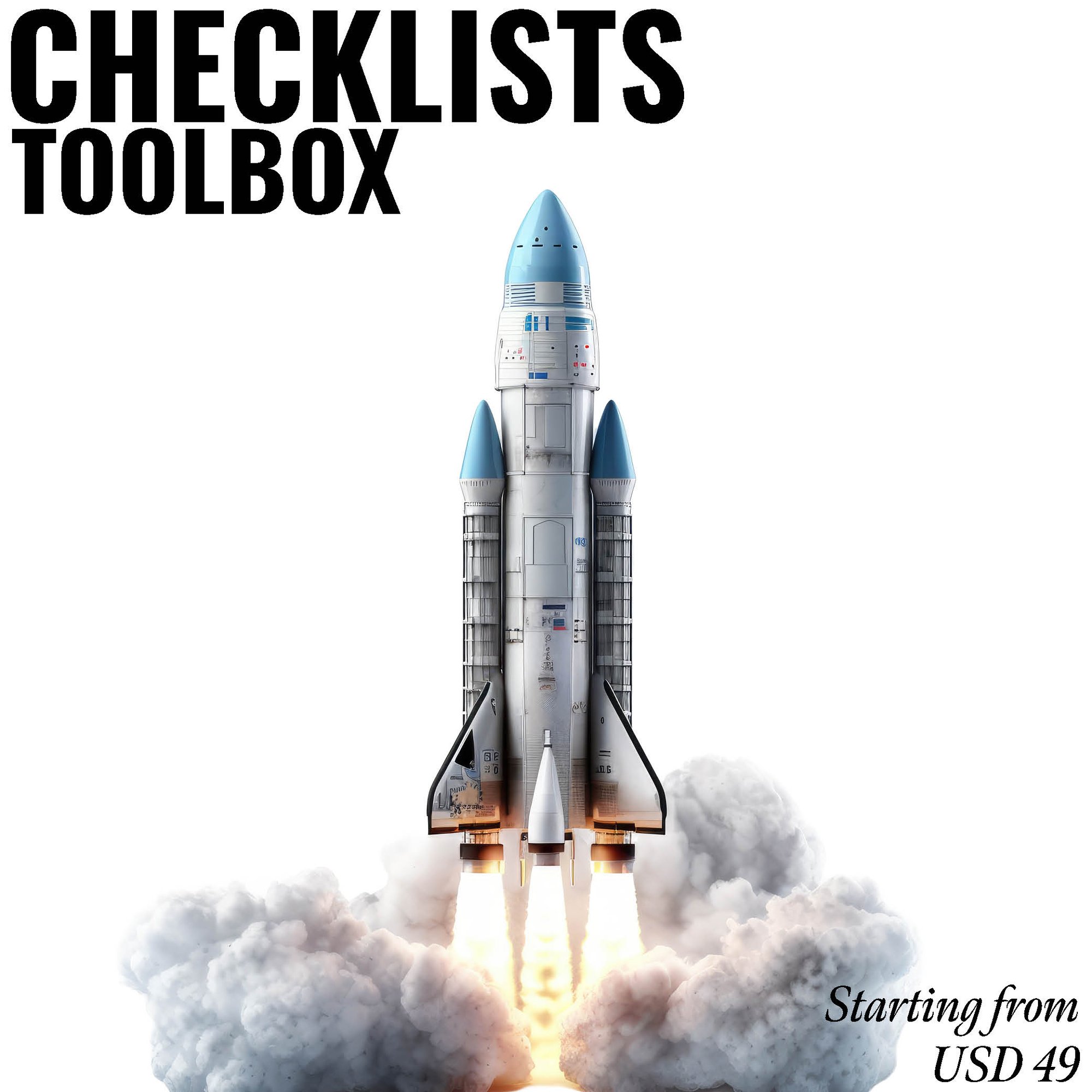A Conflict of Interest Policy is a set of guidelines that helps organizations identify, disclose, and manage situations where personal interests may interfere with professional responsibilities. It ensures transparency, ethical decision-making, and compliance with legal standards. The policy outlines acceptable conduct, reporting mechanisms, and consequences for violations, protecting the integrity of business operations. Implementing a clear policy prevents favoritism, fraud, and unethical behavior, fostering trust among stakeholders. By addressing conflicts proactively, organizations can maintain a fair work environment, enhance corporate governance, and safeguard their reputation, ensuring decisions are made in the best interest of the company and its stakeholders.
Fhyzics Business Consultants’ Conflict of Interest Policy templates provide organizations with a structured framework to prevent and manage conflicts effectively. These templates help businesses establish clear guidelines on identifying, disclosing, and addressing conflicts, ensuring ethical business practices. By using these templates, organizations can maintain transparency, mitigate risks, and uphold corporate integrity.
The templates cover essential components such as definitions of conflicts, disclosure procedures, review processes, and enforcement mechanisms. They help businesses comply with legal and regulatory requirements, reducing the risk of financial penalties or reputational damage. Additionally, these templates support HR teams and leadership in educating employees on ethical decision-making and accountability.
Fhyzics’ templates are customizable to suit different industries and organizational structures, ensuring relevance and adaptability. They integrate seamlessly with compliance programs, whistleblower policies, and corporate governance frameworks, enhancing overall risk management. By implementing a structured Conflict of Interest Policy, businesses can minimize unethical practices, improve stakeholder confidence, and promote a culture of integrity and fairness. These templates simplify policy creation and enforcement, allowing organizations to focus on growth while ensuring that conflicts of interest are proactively managed and resolved.
Top 10 benefits of Conflict of Interest Policy:
1. Promotes Ethical Conduct – Encourages integrity in business decisions.2. Prevents Bias and Favoritism – Ensures fair decision-making processes.
3. Enhances Transparency – Builds trust among employees and stakeholders.
4. Reduces Legal Risks – Helps comply with laws and regulations.
5. Protects Corporate Reputation – Minimizes risks of unethical behavior.
6. Improves Accountability – Defines clear responsibilities for employees.
7. Strengthens Corporate Governance – Supports ethical leadership.
8. Encourages Open Disclosure – Provides structured reporting mechanisms.
9. Minimizes Fraud and Corruption – Prevents misuse of authority.
10. Boosts Stakeholder Confidence – Reinforces trust in business operations.
This Article is Uploaded by: Gokul K
Keywords: Conflict of Interest Policy, business ethics policy, workplace ethics, corporate governance, ethical business practices, conflict disclosure, conflict management, corporate compliance, legal compliance, ethical decision-making, transparency policy, corporate integrity, organizational ethics, HR policy templates, anti-corruption policy, fraud prevention, conflict reporting, workplace integrity, employee ethics guidelines, ethical leadership, compliance framework, whistleblower protection, company policy enforcement, risk mitigation, business transparency, professional ethics, corporate responsibility, employee accountability, workplace compliance, conflict prevention, organizational transparency, ethical workplace culture, legal risk management, conflict resolution policy, governance policies, workplace misconduct prevention, ethics training programs, corporate legal policies, stakeholder trust, regulatory compliance, fraud risk management, conflict documentation, professional conduct policy, HR compliance, ethical code of conduct, decision-making framework, ethics reporting system, conflict disclosure policy, business risk management, compliance best practices, business policy enforcement, non-disclosure policy, board governance, conflict of interest training, business risk assessment, corporate accountability, ethical behavior enforcement, employee compliance training, anti-bribery policy, compliance policy templates, workplace ethical guidelines, conflict of interest awareness, business integrity policies, HR ethical policies, financial conflict management, transparency in decision-making, corporate risk management, ethical business standards, anti-corruption framework, conflict of interest disclosure form, whistleblower ethics policy, ethics committee guidelines, corporate ethics enforcement, ethical workplace policies, financial compliance policies, ethical compliance management, workplace conduct policy, legal business guidelines, risk and compliance framework, employee ethical responsibilities, ethical risk management, board of directors policies, organizational integrity, ethical business framework, business transparency guidelines, non-compete agreements, compliance management system, financial governance policies, professional integrity standards, conflict of interest enforcement, business responsibility policies, anti-fraud measures, fair workplace policies, governance and ethics policies, ethical decision-making processes, HR risk management policies, regulatory risk assessment, corporate risk prevention, and integrity-focused workplace culture.















